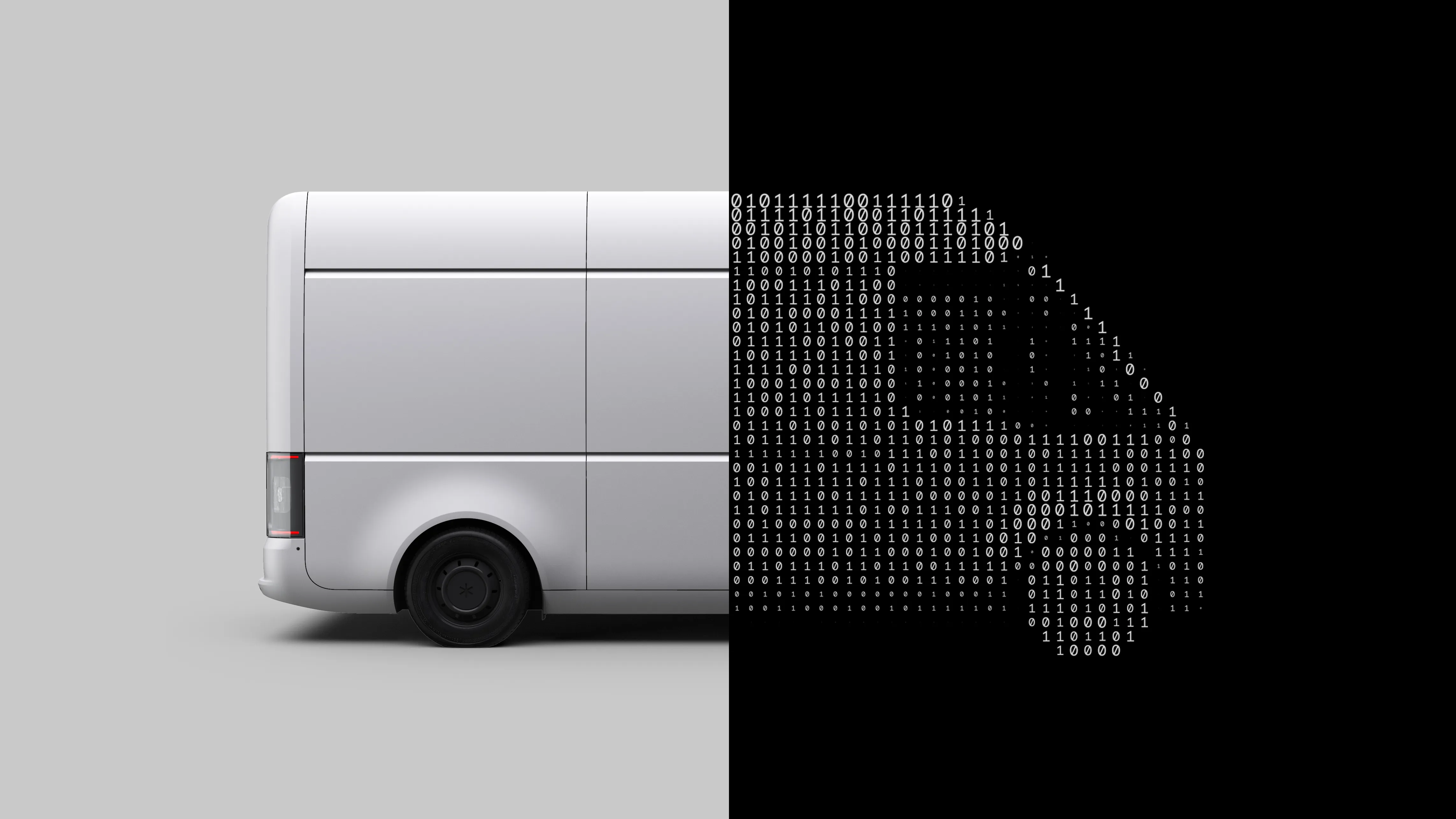Telekom Innovation Laboratories (T-Labs) is launching a blockchain-based electric scooter pilot for employees at its HQ in Bonn, Germany.
John Calian, senior vice president of T-Labs, says the Xride service will decentralise identity management, data verification and storage, payments and charging.
“This allows for a less costly, more secure and more efficient vehicle sharing that benefits both providers and the user,” Calian adds.
T-Labs says Xride will be powered by Ståx, a platform which connects blockchain technologies into one operating stack. During the four-week pilot, the solution is expected to enable shared deployment, where blockchain nodes run on machines and clouds.
Blockchain company Riddle&Code is working with German manufacturer Bundesdruckerei and start-up Jolocom to provide software and hardware layers that decentralise identity verification and identity management. In addition, security technology firm G+D Mobile Security and software company Ubirch will offer connectivity and transport of data from an eSIM card to Ståx.
Participants taking part in the trial can also use the Xride mobile app, swap batteries at installed stations and share insights with T-Labs.
T-Labs trials blockchain e-scooters at German HQ
Telekom Innovation Laboratories (T-Labs) is launching a blockchain-based electric scooter pilot for employees at its HQ in Bonn, Germany.
John Calian, senior vice president of T-Labs, says the Xride service will decentralise identity management, data verification and storage, payments and charging.
“This allows for a less costly, more secure and more efficient vehicle sharing that benefits both providers and the user,” Calian adds.
T-Labs says Xride will be powered by Ståx, a platform which conn
September 27, 2019
Read time: 2 mins










